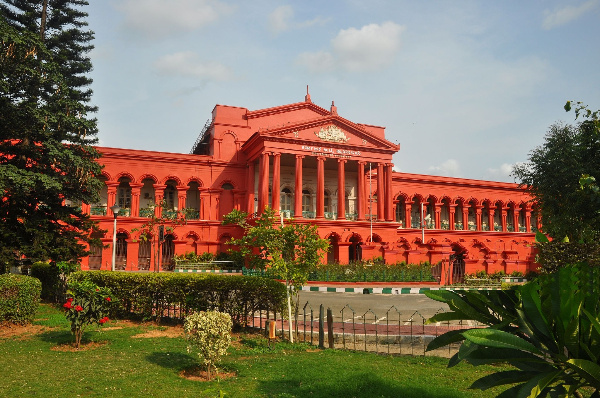The accused does not have to prove their defense. Their choice to stay silent is enough if the prosecution cannot prove the case, according to the Karnataka High Court in a rape case.

The Karnataka High Court stated that the accused does not have to prove a defense, and choosing to remain silent is enough if the prosecution fails to establish its case. This decision came from the Kalaburagi Bench in a Criminal Appeal by a man convicted of rape, who sought to overturn his conviction and sentence. Justices S. Sunil Dutt Yadav and Ramachandra D. Huddar noted that the accused is not required to demonstrate consent, as this would unfairly shift the burden of proof onto him, contradicting the principle of presumption of innocence.
The court explained that to apply the presumption under Section 114A of the Indian Evidence Act, 1872, the situation must fit within the definitions of Section 376(2) of the Indian Penal Code as it was before the 2013 amendment. Advocate R.S. Lagali represented the accused, while Addl. SPP Siddaling P. Patil represented the State. According to the prosecution, in 2009, while the complainant and her family were asleep at a farmhouse, the accused allegedly broke in, threatened her life if she spoke out, kidnapped her on a motorcycle, and held her captive for about five days, during which he is said to have raped her while knowing she was a minor and from a Scheduled Caste.
The case was filed against the accused for crimes under Sections 447, 366(A), 376, 443, and 506 of the IPC, as well as Section 3(2)(v) of the SC/ST Prevention of Atrocities Act, 1989. The Trial Court found him guilty and sentenced him to ten years of rigorous imprisonment and a fine of Rs. 1 lakh. He received additional penalties under other relevant laws. He appealed his conviction to the High Court. The High Court observed that the issue of consent, which is crucial for the rape charge, is highly questionable. It stated that the prosecution did not prove the case beyond a reasonable doubt.
The Court further noted that if the alleged crime does not meet the criteria of the un-amended Section 375-sixthly, it must then be assessed under Section 375-secondly, which defines rape as sexual intercourse without consent. Additionally, under Section 375-thirdly, it could be argued that consent was obtained through threats of death or harm. The Court pointed out that the claim in the complaint about kidnapping was discredited based on previous discussions. It also mentioned that the witness C.W.13, Smt. Boramma, was not called to testify regarding the victim’s alleged illegal confinement. Considering the minor injuries on the victim and the lack of injuries on the accused, along with other factors, the claim that consent was coerced through fear is questionable.
The Court noted that the prosecution did not claim the offense fell under Section 376(2). If it did, the lack of presumption under Section 114A of the Indian Evidence Act would mean the prosecution must prove there was no consent, which is essential to establish rape under Section 375 of the Indian Penal Code. If the prosecution is unable to meet this burden, their case would collapse. Since the prosecution did not fulfill this requirement, the accused is entitled to be acquitted. The accused has the right to remain silent and is not required to prove consent. Therefore, even without the accused asserting consent, the prosecution’s contradictions about the absence of consent could lead to their failure to prove the case beyond a reasonable doubt, giving the accused the benefit of the doubt. As a result, the High Court granted the Appeal, overturned the previous Judgment, and acquitted the accused.
Cause Title: Khaja Hussain v. The State of Karnataka (Neutral Citation: 2024:KHC-K:8098-DB)








